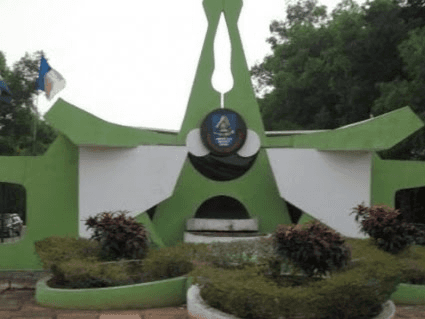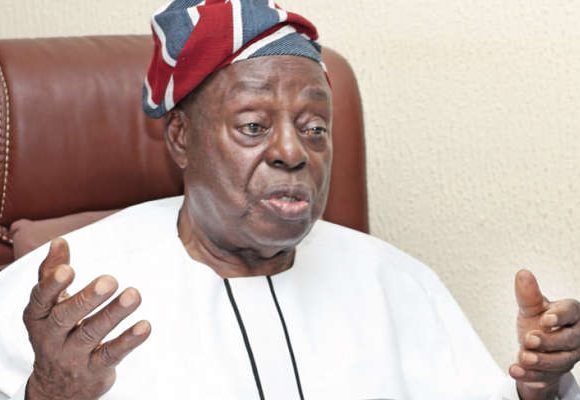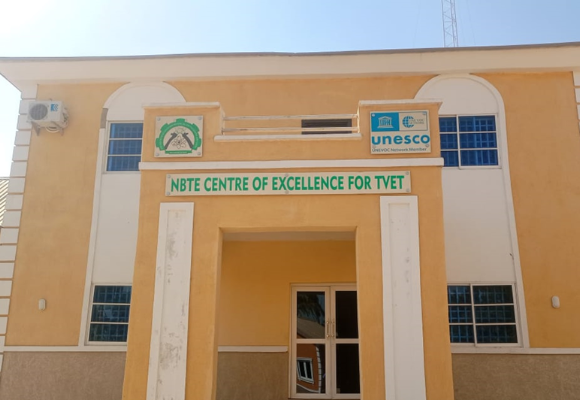Nigerian educational institutions attracted 709 foreign students in six years – Report


Between 2017 and 2023 academic years, 709 international students were admitted to Nigerian universities, polytechnics, and other higher education institutions, despite ongoing industrial action, poor infrastructure, and deplorable learning conditions, according to data obtained from the Federal Ministry of Education on Sunday in Abuja.
This is as more Nigerian students travel abroad for higher education.
According to the data, 127 foreign students were admitted in 2017/2018, 110 in 2018/2019, 161 in 2019/2020, 197 in 2020/2021, 78 in 2021/2022, and 36 in 2022/2023.
According to a source in the ministry, the significant drop in the number of foreigners admitted during the 2021/2022 academic session was caused by the industrial strike action carried out by tertiary institution-based unions such as the Academic Staff Union of Universities, Senior Staff Association of Nigerian Universities, and the Academic Staff Union of Polytechnics.
According to the data, 616 foreign students were admitted to universities during the review period, 64 to polytechnics, and 29 to colleges of education.
Further analysis of the data revealed that 40 of the foreigners were admitted to study Network and Security Systems; 35 for computer science; 35 for Medicine and Surgery; 25 for Business Administration; 20 for Accounting; 20 for Pharmacy; 18 for Political Science; 17 for Mass Communications; 16 for Economics; 15 for International Studies; 14 for Computer Engineering; 14 for Physiology; 12 for Civil Engineering; 12 for English Education; 12 for Electronics Engineering; 12 for History and International Studies; 11 for Electrical Engineering; 11 for Philosophy; 10 for Health Education; 9 for French; 9 for Microbiology; 8 for Architecture; 8 for Biochemistry; 8 for Business Education; 8 for Psychology and 7 for Anatomy.
Speaking on the desire of foreign students for education in Nigeria, the Director of Programmes, Reform Education Nigeria, Ayodamola Oluwatoyin, said, “The University of Ibadan used to have a huge influx of foreigners in those days. Not just students, we had foreign professors who would even come as visiting professors. The same way Nigerians go to other countries to get an education is the same way the government can also attract foreigners to our own institutions.
“The government needs to build our higher institutions. The higher education sector in Nigeria has a negative image in the global space. The word ASUU has now become a nightmare. You go to foreign news outlets like BBC, CNN, Aljazeera and the only news you hear about Nigerian higher institutions are strikes, sex for grades, among others. The higher education sector needs to be revitalsed. We also need to retain our own citizens. When we retain them, then more foreigners can troop in, which automatically translates to more forex for us as a country.”







